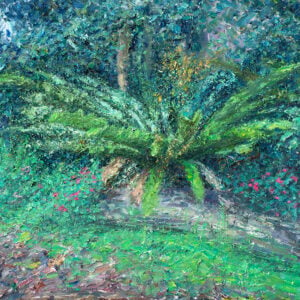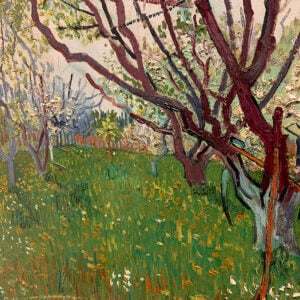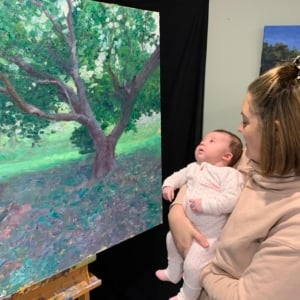
I recently finished Steve Huston’s Figure Drawing for Artists. A recommended read, if only to see Huston’s beautiful drawings.
Huston is one of those artists who is not only talented with brush and pencil but also inspirational in his passion and philosophy on art and life.
Below are just a few takeaways from the book:
- “Art is like alchemy. The alchemist attempts to make something precious from the mundane artists, too.” Page 13.
- Find what works for you and make it a ritual. Page 13.
- “You don’t need many resources to be an artist. Start simply. Start cheaply.” Page 13.
- Huston’s drawing philosophy is built around two major ideas: structure and gesture. Structure being the parts that make the whole-the corners, shapes, forms, edges. Gesture being the lifeline binding it all together.
- Structure can be simplified down to balls, boxes, and tubes. “Box logic” Huston calls it. Page 26.
- For deciding what basic forms to use in your drawing, aim for simple yet characteristic. Page 31.
- Structure is easier than gesture. “Gesture is difficult because it’s sneaky.” Page 37.
- Gesture should be curved. It represents life, movement, and fluidity. Page 37.
- “The world is full of watery design lines. Just look around.” Page 38.
- Get the big, simple ideas down first. Then worry about the smaller details. Page 39.
- Perspective can be simplified down to three positions in space: lean, tilt, and face. Page 59.
- Perspective = position in space. Page 60.
- Different value = different plane. Huston uses this simple formula for describing objects using light and shadow. Page 70.
- “Everything that receives light is a light source.” Light does not hit an object and cease to exist. It bounces around. Meaning every object that receives light is also a light source, with some exceptions. Page 81.
- “Think how far you could get in a year by just committing five minutes a day.” Page 151.
- “Art can be hard. But, oh, when those sublime moments come, it is you who feels connected, and the hair loss is easily worth it.” Page 189.
Here are some snapshots from the book:






The best and most enjoyable way to digest an art book is to copy the drawings. Below are some snapshots from my sketchbook. I did these with no intention of them being made to the public. But it’s important to see that not everything we create needs to be polished. Quite the opposite. To progress, you need to be willing to be scrappy, make mistakes, and feel out ideas. That’s what a sketchbook is for.







Want to Learn More?
You might be interested in my Painting Academy course. I’ll walk you through the time-tested fundamentals of painting. It’s perfect for absolute beginner to intermediate painters.
Thanks for Reading!
I appreciate you taking the time to read this post and I hope you found it helpful. Feel free to share it with friends.
Happy painting!
Dan Scott

Draw Paint Academy







Got energy, excitement flowing for my plain air work, thank you!
Fantastic information advice and images wow everything is so yummy I do enjoy all the Great work and appreciation
Love your sketchbook too fabulous
Thanks again for your email
thank you ,Don, for great lesson!
Yes wonderful (I ordered the Steve Huston’s Figure Drawing for Artists.
🧑🎨
Steve Huston is not only a fantastic artist, but also a kind spirited fellow who celebrates the little wins of his students. Whether in videos or in interactive Zoom meetings, he welcomes all and can appreciate all levels and types of art and representation.
His book is excellent and yes, copying his drawings is to make a Master copy, as his work is indeed, that good. Buy the book. Look into his videos. Some are on YouTube.
Thank you for mentioning one of my art heroes, Dan.
–Gina in NC, USA